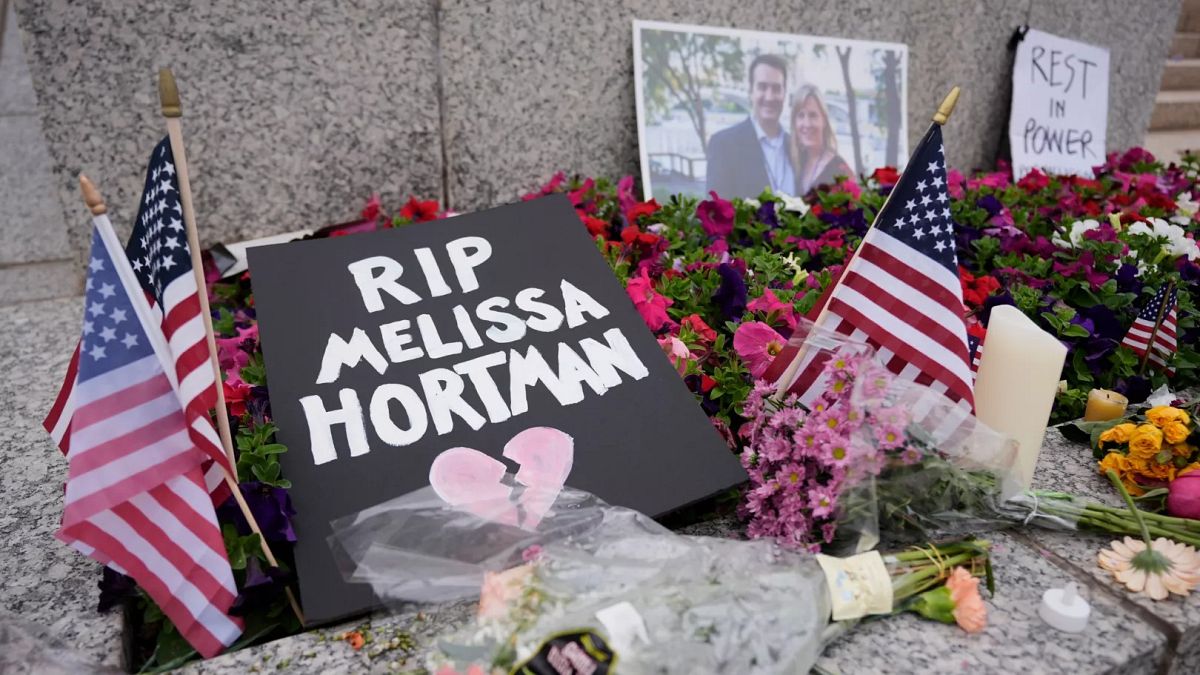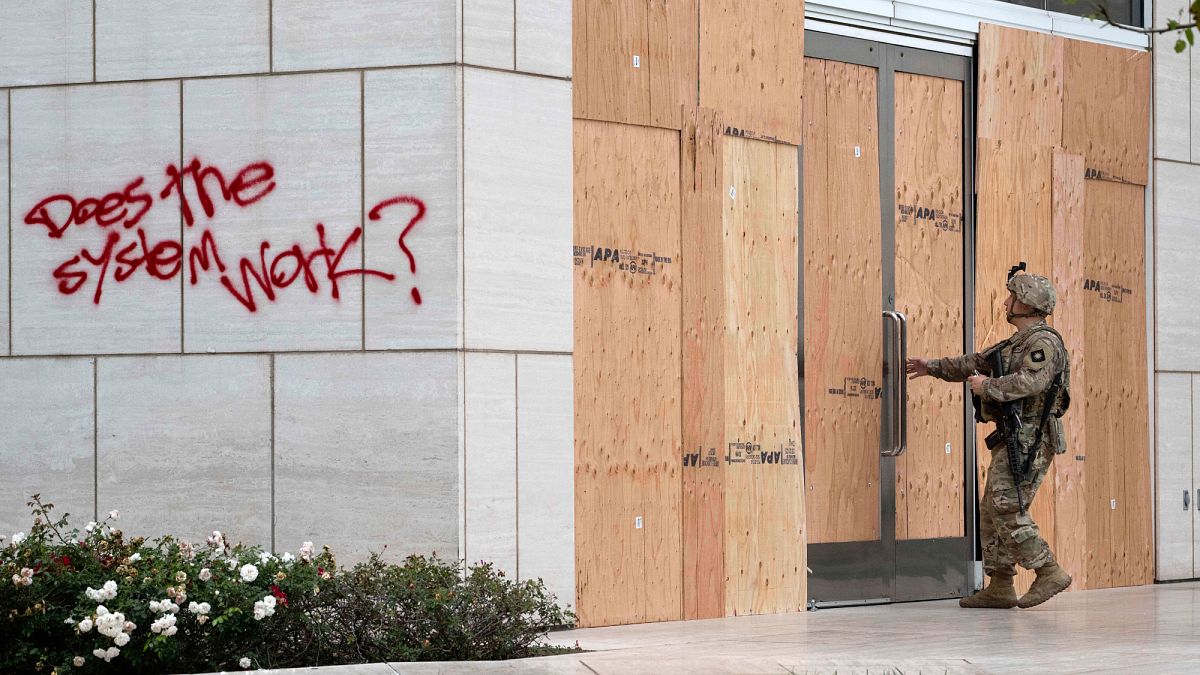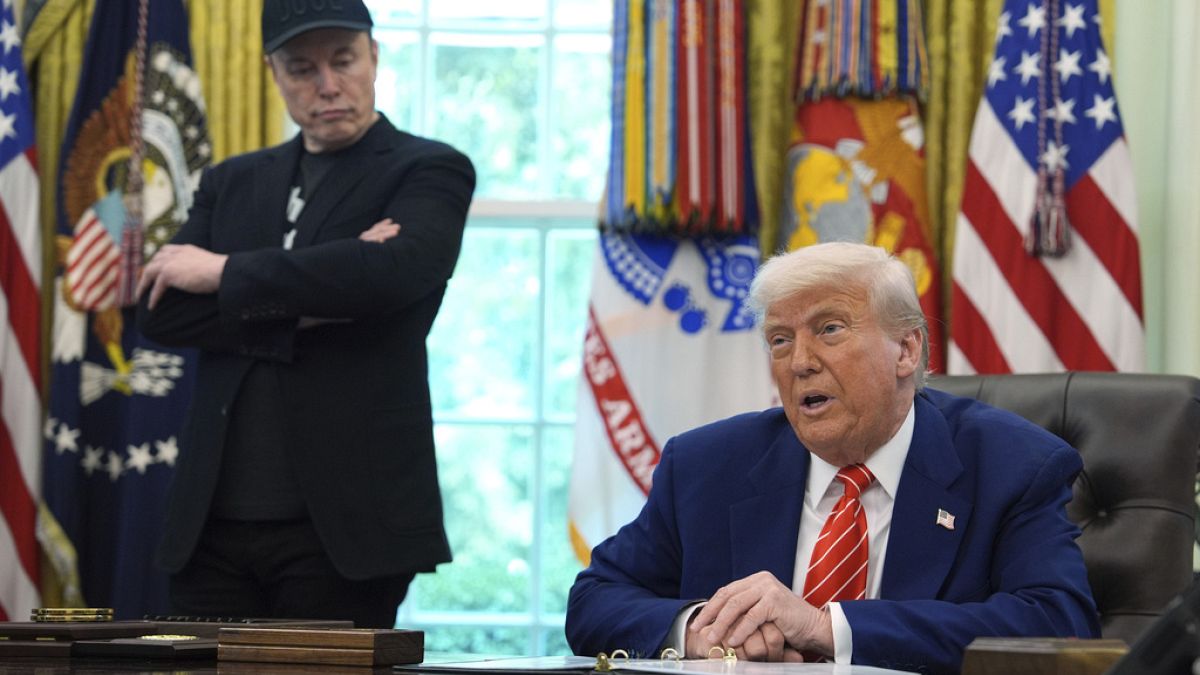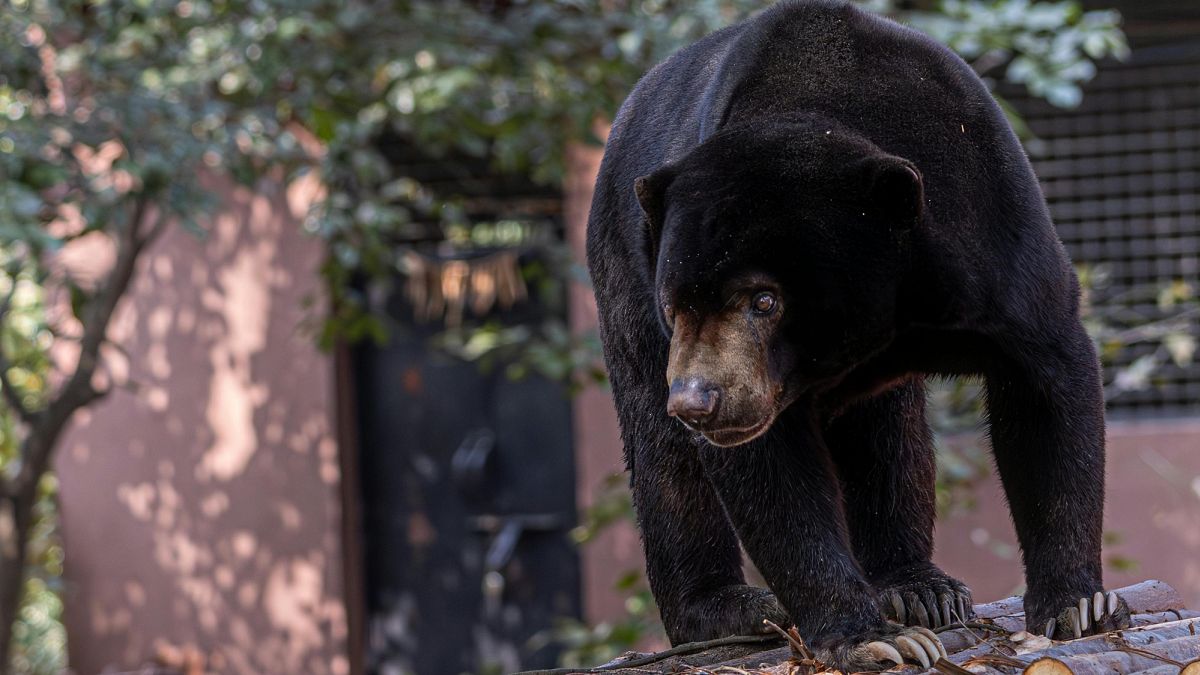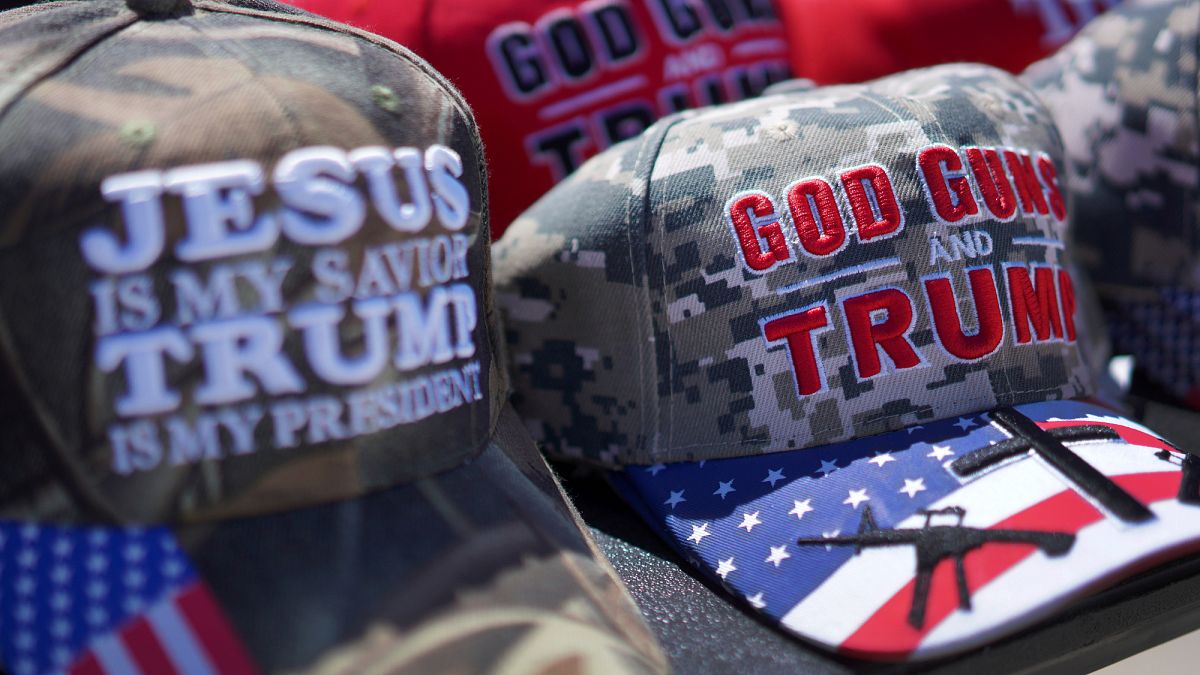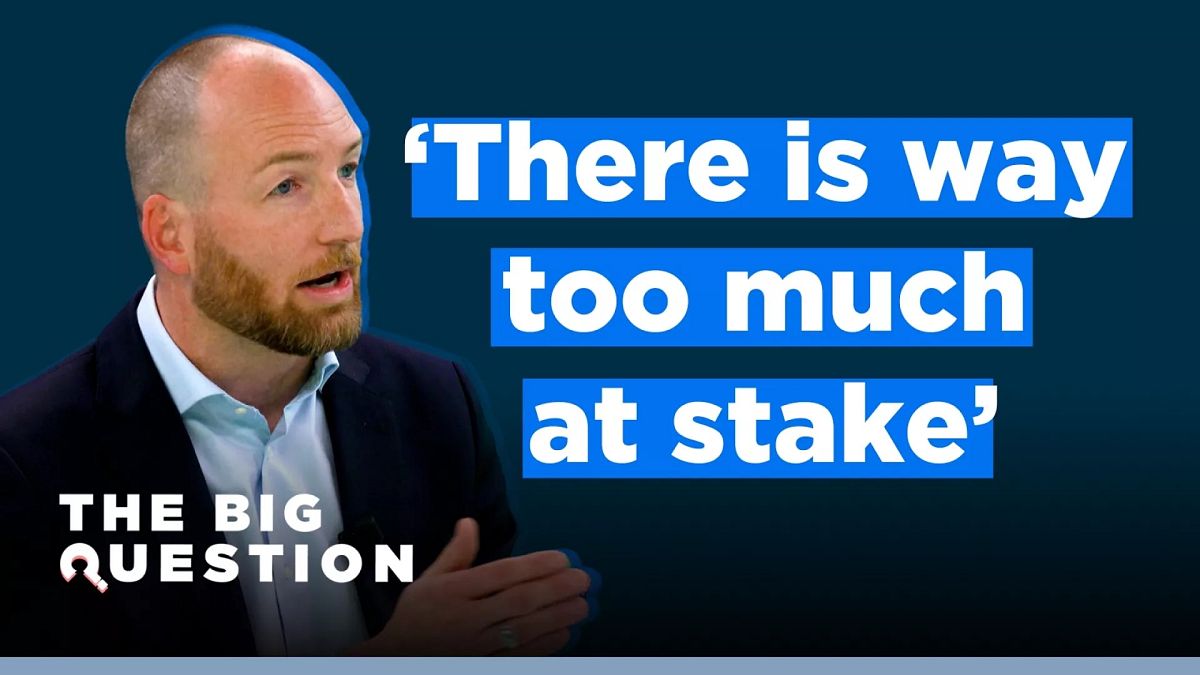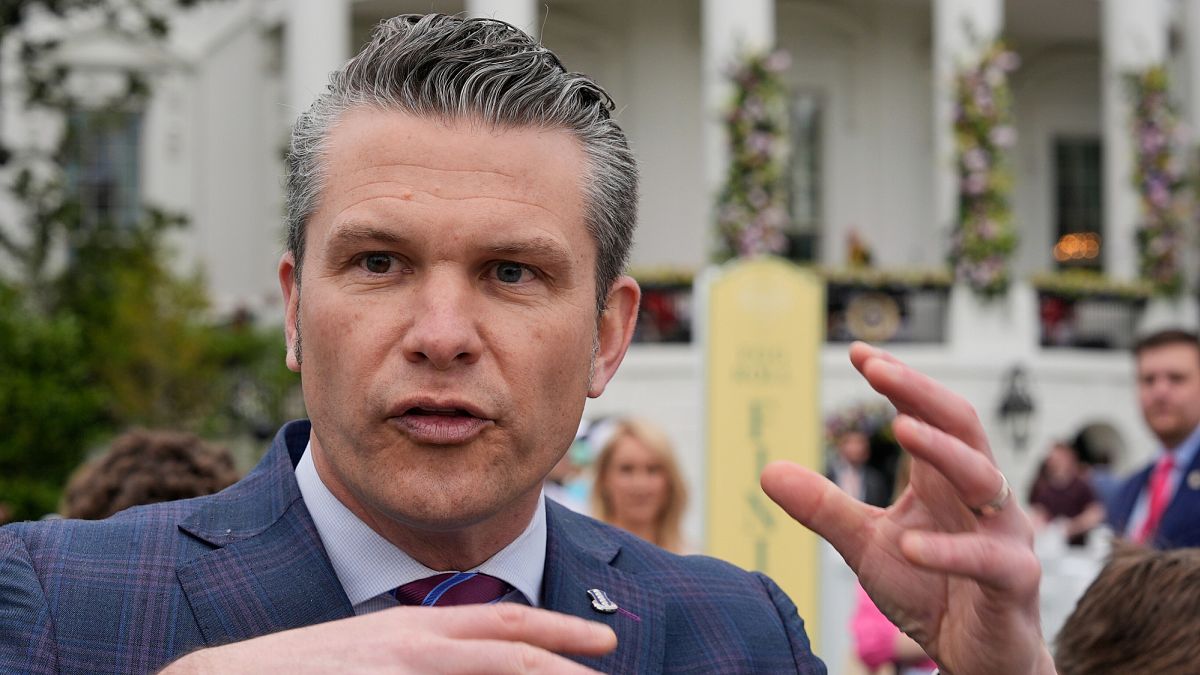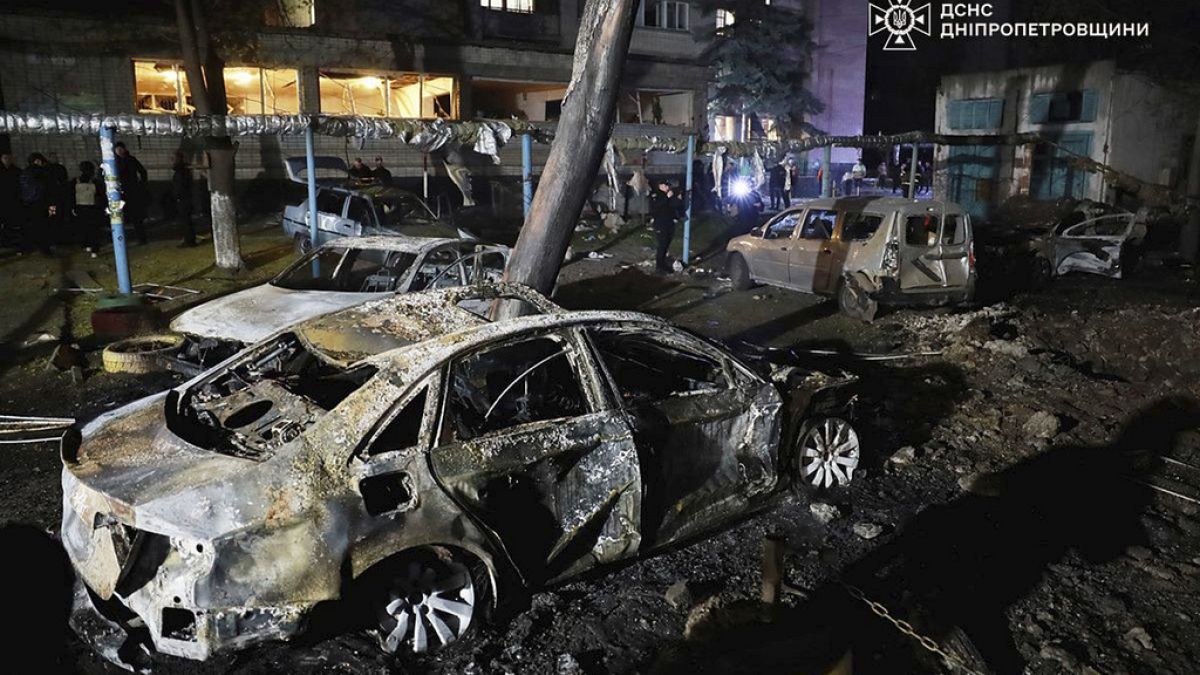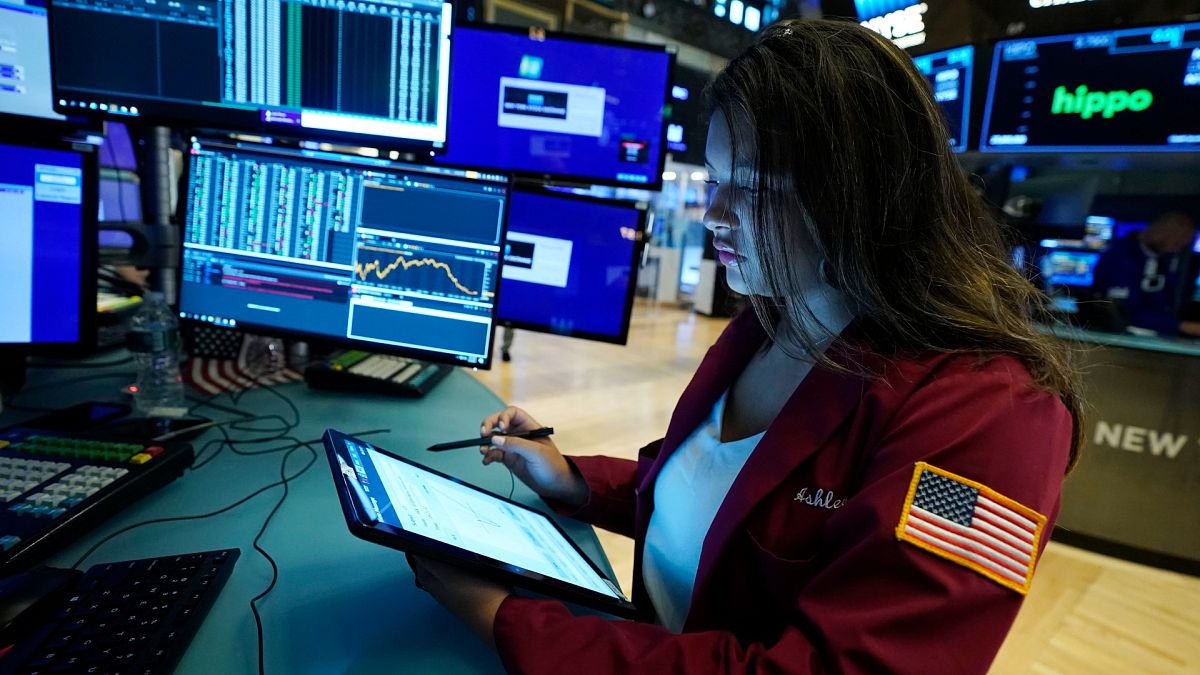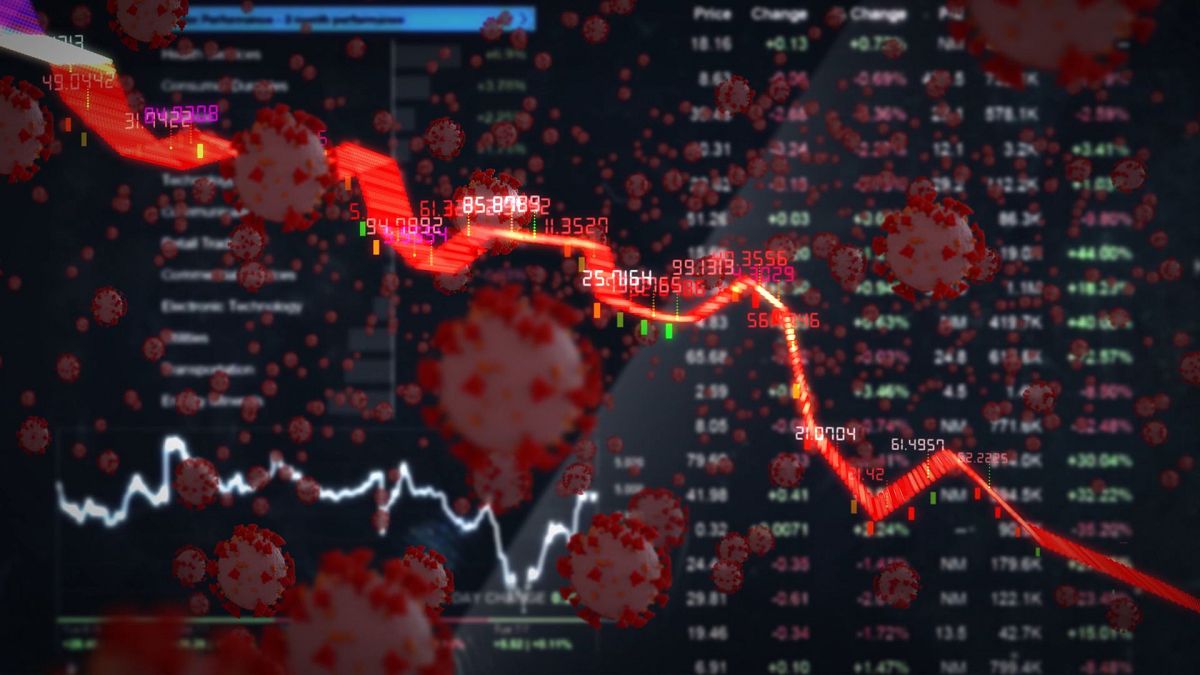Europe’s military spending soars, fuelled by Ukraine war
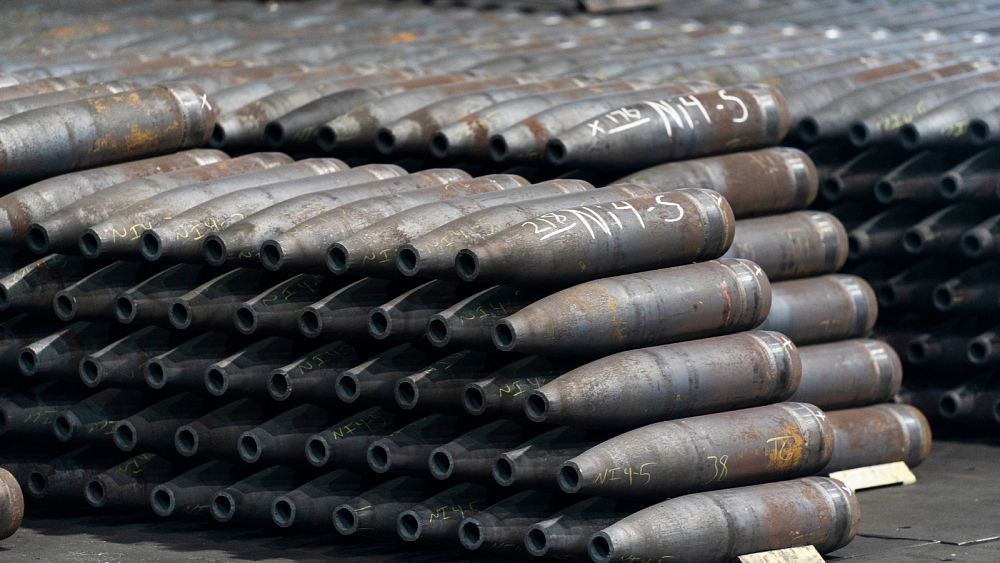
The world’s military spending has risen to its highest ever level, according to new data from a top international monitoring organisation – with European countries increasing their budgets faster than at any time since the collapse of the Soviet Union.
According to data from the Stockholm International Peace Research Institute (SIPRI), the European scramble to respond to Russia’s invasion of Ukraine has helped push total global military expenditure to an all-time yearly high of $2240 billion (€2035 billion).
Western and Central European states spent some $345 billion (€313 billion) on their military forces last year, according to SIPRI’s annual Trends in World Military Expenditure report, released Monday.
In raw numerical terms, the region’s biggest overall spender was the UK, which allocated $68.5 billion (€62.24 billion) to its military budget – though only $3.1 billion (€2.82 billion) went into financial military aid for Ukraine.
But some of Europe’s sharpest budget increases were seen in countries most geographically exposed to Russia. Incoming NATO members Finland and Sweden dialled up their spending dramatically at 36% and 12% respectively.
And as SIPRI researcher Lorenzo Scarazzotto noted, the 2022 numbers come after several years in which Russia’s behaviour toward Ukraine has driven up European military budgets.
“While the full-scale invasion of Ukraine in February 2022 certainly affected military spending decisions in 2022,” he said, “concerns about Russian aggression have been building for much longer.
“Many former Eastern bloc states have more than doubled their military spending since 2014, the year when Russia annexed Crimea.”
However, the overall picture across NATO is less dramatic than these numbers might indicate. The alliance’s collective military spend in 2022 was $1232 billion (€1119 billion), only 0.9% higher than in 2021.
Several key NATO members continue to fall short of the organisation’s requirement that governments spend 2% of their GDP on defence.
The most glaring shortfall is in Germany, which is still allocating only 1.4% of its yearly product to military spending – a rise of 2.3% year-on-year. The figure has only risen by 0.2 points in the last decade.
This comes despite Chancellor Olaf Scholz’s pledge in February 2022 to transform his country’s military posture. In a speech to the Bundestag, he declared that “With the invasion of Ukraine, we have entered a new era” – but according to a key parliamentarian’s report in March this year, “not a single euro” of Mr Scholz’s €100 billion Ukrainian assistance fund has been spent.
In a damning report from Eva Högl, Germany’s Parliamentary Commissioner for the armed forces, the country’s military “has too little of everything and has had even less since February 24th, 2022”.
Meanwhile, Russia has raised its spend by 9.2% per cent year on year, bringing its military budget to an estimated $86.4 billion (€78.48 billion) or 4.1% of GDP.
However, Ukraine, whose economy has raised its military spending by a huge 640% to a total of $44 billion (€39.97 billion). The figure means it is now spending an estimated 34% of its GDP on its military forces, an unsustainable level for a country whose infrastructure and economy are being devastated by war.
Among the rest of the top 40 spenders in the SIPRI index, the next-highest proportion of GDP was spent by Saudi Arabia, at a mere 7.4%.
Aside from the European surge, the main factor driving up the global military spending figure is ongoing tension in East Asia.
China, which according to the latest data remains the world’s second-largest military spender after the US, has lately been increasingly aggressive towards Taiwan, keeping pressure on its neighbours to strengthen their own defences. Japan in particular is continuing a dramatic military buildup that began under former prime minister Shinzo Abe, increasing spending by 5.9% year-on-year.
However, the world’s largest spender remains the US, which spent 39% of the world’s total last year; Fhina was responsible for 13% of the overall figure.
Source: Euro News


